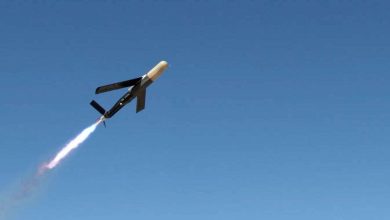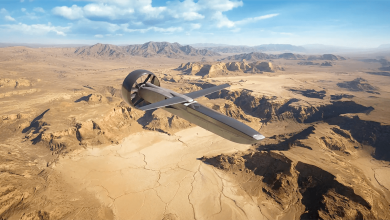
Raytheon Intelligence & Space Secures Contract for Advanced Missile Tracking Innovations
Raytheon Intelligence & Space has secured a primary contract to create a prototype Missile Track Custody system for the U.S. Space Force. MTC represents the service’s inaugural Medium Earth Orbit missile tracking solution.
Within the framework of this agreement, Raytheon Intelligence & Space will act as the main contractor, designing and supplying a space vehicle, which will host an advanced missile tracking mission payload alongside ground-based command, control, and mission-data processing components. This system was conceived through model-based systems engineering, substantially enhancing development speed while minimizing expenses.
Moreover, Raytheon Intelligence & Space will provide the command and control, alongside real-time mission-data processing elements for MTC. The terrestrial system will utilize the Future Operationally Resilient Ground Evolution Mission Data Processing Application Framework (FORGE MDPAF). Raytheon’s FORGE MDPAF is a ground system architecture that gathers and processes data from satellites, integrating Overhead Persistent Infrared (OPIR) space vehicle information from both the Space Force’s Space-Based Infrared System (SBIRS) constellation and the future Next-Generation OPIR constellation.
“This represents a sophisticated solution to counteract emerging missile threats that our nation faces,” stated Roger Cole, executive director of Strategic Systems programs at Raytheon Intelligence & Space. “From its MEO vantage point, our system will empower the Space Force to accurately identify and monitor adversarial hypersonic weapons with high precision.”
Raytheon Intelligence & Space’s mission payload, which successfully passed the critical design review in November 2022, will be integrated onto an LM400 satellite bus. The LM400, part of Lockheed Martin’s updated family of satellite designs, focusing on commonality, rapid production capabilities, and cost-effectiveness, incorporates SmartSat™, software-defined satellite functionalities that enable it to adapt to evolving mission requirements and introduce new capabilities to stay ahead of advancing threats.
“Lockheed Martin is thrilled to present our mid-sized, quickly-producing LM400 bus to Raytheon, aiding our customer’s objective to deliver initial warfighting capabilities with Missile Track Custody Epoch 1,” remarked Mike Corriea, vice president of Lockheed Martin’s Overhead Persistent Infrared mission division. “Lockheed Martin will utilize a comprehensive suite of digital engineering tools to manufacture satellites that are significantly more responsive and versatile, while cutting costs and delivery timeframe dramatically for our clients.”
The team aims to conclude a system critical design review in 2023, followed by a build, integration, and testing campaign to ensure capability delivery to orbit by 2026. Work for this initiative will take place in El Segundo, California, and Aurora, Colorado.









